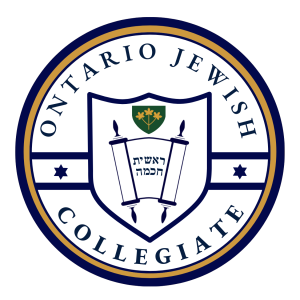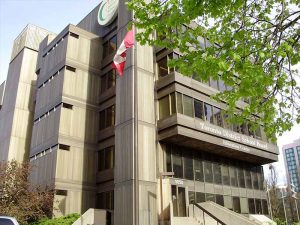 The University of Toronto’s faculty club has always been a part of the city’s history. But now it’s official.
The University of Toronto’s faculty club has always been a part of the city’s history. But now it’s official.
A Heritage Toronto plaque is presented to the University of Toronto’s Faculty Club. From left are university president David Naylor, Barbara McPhail from Heritage Toronto, club secretary Roger Riendeau, club president Debbie Stewart and Ward 20 Coun. Adam Vaughan.
On Sept. 16, the Faculty Club, formerly called the Primrose Club, received a Heritage Toronto plaque as part of that organization’s initiative to commemorate historical areas in the city.
Located at 41 Willcocks St. on U of T’s downtown campus, the club was originally formed in 1920 by members of the Jewish community who weren’t accepted into other social clubs in the area.
The building itself, which was acquired by the university in 1959, was designed by Benjamin Brown, one of the first successful Jewish architects in Toronto.
The Faculty Club, the university’s social club for staff and faculty, intended to use it as a temporary home, but it eventually became their permanent space.
“There is nothing so permanent as a temporary building,” said U of T’s David Naylor at the club’s 50th anniversary celebration, where the Heritage Toronto plaque was presented.
“Over the years, I’ve seen such an array of events here. This is the living room of the university,” he said.
For club president Debbie Stewart, the Faculty Club is a chance for faculty to connect.
“It’s a place to gather, to socialize. It’s very important because this is a huge university. It has… [about] 12,000 faculty and staff. You can become very isolated in your own department,” she said.
Adam Vaughan, the councillor for Toronto’s Ward 20, said that having an opportunity to socialize in an educational institution is essential for staff and faculty.
“The university is much more than an institution. It’s the faculty, it’s the staff, it’s the students. This university is more than a place to get a degree,” he said at the celebration. “The faculty club is a spot where ideas from different parts of the campus can collide and new ideas can emerge.”
In addition to being a place to socialize, the club will now be an official part of Toronto’s history.
And, according to Gary Miedema, the heritage plaque co-ordinator for Heritage Toronto, it’s all because of the Jewish community.
“In the 1920s, the city had a number of different social clubs. Many were fairly exclusive… and the Jewish community was not always welcome,” he said.
This prompted members of the community to start their own club, he added.
“As the Primrose Club, it was a very important institution for the Jewish community and certainly for the elite of the Jewish community.”
Ellen Scheinberg, the director of UJA Federation of Greater Toronto’s Ontario Jewish Archives, which is run through the Latner Centre for Jewish Knowledge and Learning, agreed, adding that, originally, the Primrose Club was a men’s club that eventually let women join.
“They had a separate entrance for women,” she said.
Scheinberg said the plaque project is an important one.
“The plaque is important because we want to commemorate Jewish institutions,” she said. “A lot of plaques commemorate white, male Protestant [historical sites]. This is an important initiative to commemorate [communities] who are from minority groups.”






